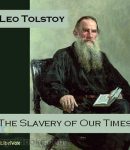
The Slavery of Our Times
This little book shows, in a short, clear, and systematic manner, how the principle of Non-Resistance, about which Tolstoy has written so much, is related to economic and political life. [chương_files]
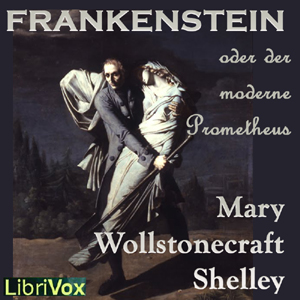
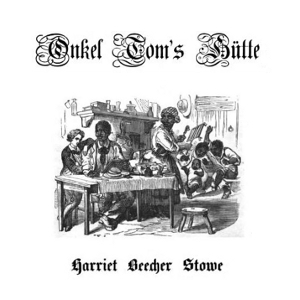
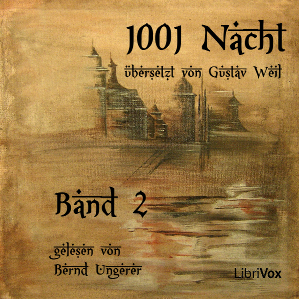
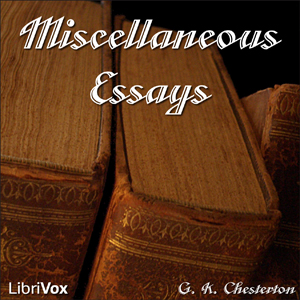
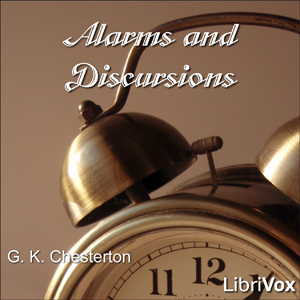
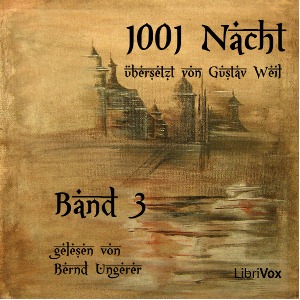
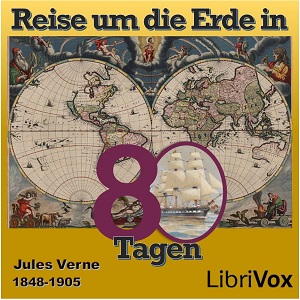
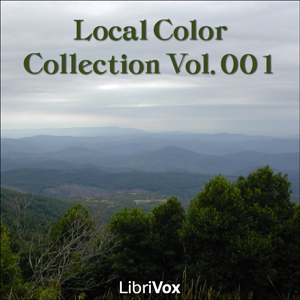
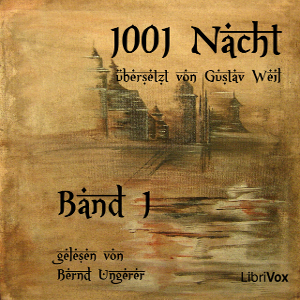
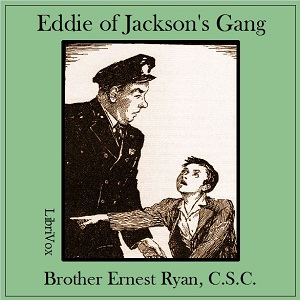
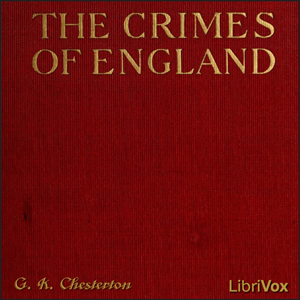
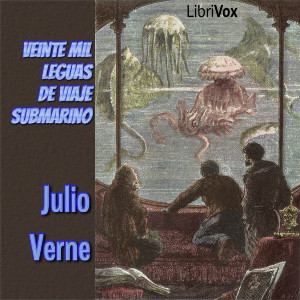
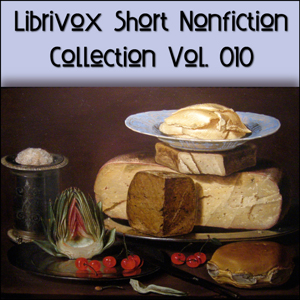
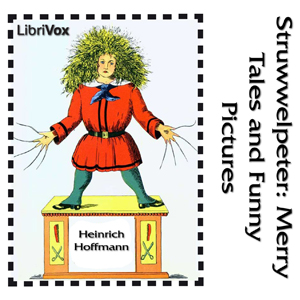
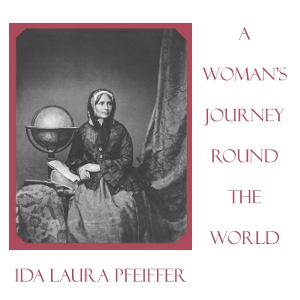

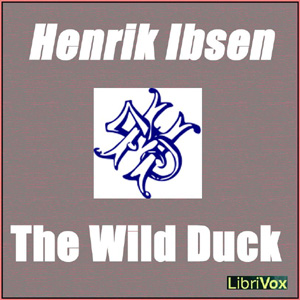
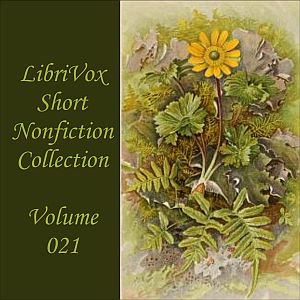
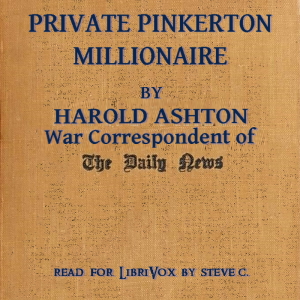
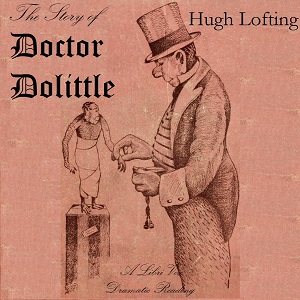
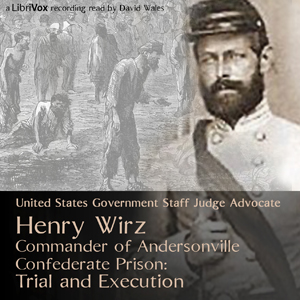
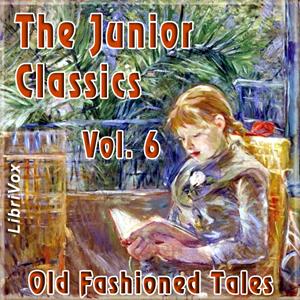
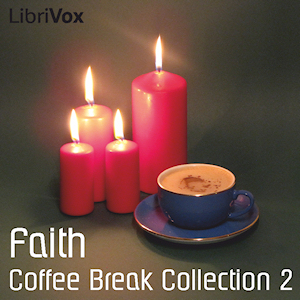
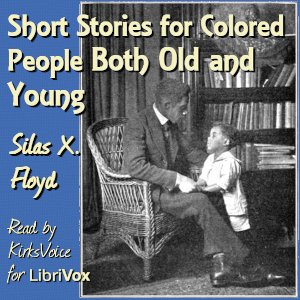

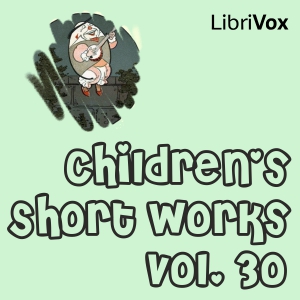


This little book shows, in a short, clear, and systematic manner, how the principle of Non-Resistance, about which Tolstoy has written so much, is related to economic and political life. [chương_files]
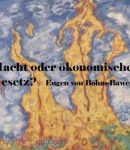
Macht oder ökonomisches Gesetz? by Eugen von Böhm-Bawerk (1851 – 1914). Böhm-Bawerk, Mitbegründer der Österreichischen Schule der Nationalökonomie, erörtert, ob ökonomische Gesetze auch für den Staat gelten. (Zusammenfassung von redaer) Böhm-Bawerk, Macht oder ökonomisches Gesetz? Zeitschrift für Volkswirtschaft, Sozialpolitik und Verwaltung, Bd. XXIII (S.205–271) [chương_files]
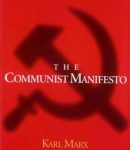
The Communist Manifesto was conceived as an outline of the basic beliefs of the Communist movement. The authors believed that the European Powers were universally afraid of the nascent movement, and were condemning as “communist,” people or activities that did not actually conform to what the Communists believed. This Manifesto, then, became a manual for their beliefs. In it we find Marx and Engel’s rehearsal of the idea that Capital has stolen away the work of the artisan and peasant by building up factories to produce goods cheaply. The efficiency of Capital depends, then, on the wage laborers who staff the factories and how little they will accept in order to have work. This concentrates power and money in a Bourgeois class that profits from the disunity of workers (Proletarians), who only receive a subsistence wage. If workers unite in a class struggle against the bourgeois, using riot and strikes as weapons, they will eventually overthrow the bourgeois and replace them as a ruling class. Communists further believe in and lay out a system of reforms to transform into a classless, stateless society, thus distinguishing themselves from various flavors of Socialism, which would be content to have workers remain the ruling class after the revolution. The Manifesto caused a huge amount of discussion for its support for a forcible overthrow of the existing politics and society. [chương_files]
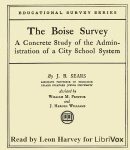
A complete survey of the Independent Boise School District, Boise, Idaho was conducted over two weeks, with the purpose to study and observe the schools in operation, including the systems of financing and filing educational records. Facts are presented alongside conclusions and recommendations to be understood the general public as to the importance of educational enterprise. – Summary by Leon Harvey [chương_files]
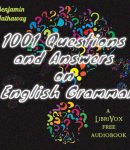
A book for students interested in finding out how many things about the English language have changed, and how many have weathered the test of time. – Summary by jasonb [chương_files]
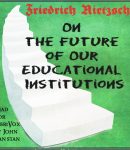
These are lectures on the education system of Nietzsche’s day. He states that “This book is intended for calm readers, for those who have not yet been drawn into the mad headlong rush of our hurry-scurrying age, and who do not experience any idolatrous delight in throwing themselves beneath its chariot-wheels. It is for those, therefore, who … ‘still have time.’ Without any qualms of conscience they may improve the most fruitful and vigorous hours of their day in meditating on the future of our education.” Nietzsche passionately calls for “Ye contemplative ones who cannot, with hasty glances, turn your eyes swiftly from one surface to another! Ye lofty thinkers, of whom Aristotle said that ye wander through life vacillating and inactive so long as no great honour or glorious Cause calleth you to deeds! It is you I summon! Refrain this once from seeking refuge in your lairs of solitude and dark misgivings. Bethink you that this book was framed to be your herald. When ye shall go forth to battle in your full panoply, who among you will not rejoice in looking back upon the herald who rallied you?” – Summary by jvanstan [chương_files]
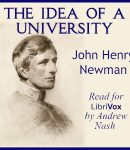
John Henry Newman (1801-90) was an Anglican clergyman and Oxford academic whose study of early Christianity led him to convert to the Catholic Church in 1845. At that time Catholics were banned from attending the ancient British universities. The issue was particularly acute in Ireland with its majority Catholic population, so the British government decided to found some non-denominational colleges there which would admit all but which also were not allowed to have Catholic theology faculties in them. The pope of that time, Pius IX, urged the Irish bishops instead to found a Catholic university. Newman, as the leading intellectual Catholic convert, was appointed its founding Rector. He gave a series of public lectures, arguing the case for a Catholic university (such as existed elsewhere in Europe) and also that a university should include theology among its subjects. He also argued for academic education in its own right, against the ‘utilitarians’ who said that all education should just be practical and immediately ‘useful’. Newman later added some other articles on educational topics, such as the relation between science and religion. The resulting book, ‘The Idea of a University’, became a classic of educational philosophy which is still referenced in debates about the nature and purpose of education today. – Summary by Andrew Nash [chương_files]
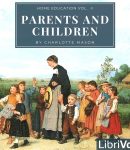
Volume two of the Home Education Series by Charlotte Mason talks about parents and children. Charlotte breaks down a couple of different topics about home education, like the family, the parent’s role as the teacher, and much more. – Summary by Elijah Fisher [chương_files]
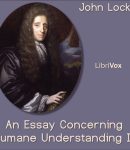
John Locke wrote four essays on human (or humane) understanding. Here are a few quotes from the book: “I see no reason to believe, that the soul thinks before the senses have furnished it with ideas to think on. The dreams of sleeping men are, as I take it, all made up of the waking man’s ideas, though for the most part oddly put together. Can the soul think, and not the man, or a man think, and not be conscious of it? Suppose the soul of Castor separated, during his sleep, from his body, to think apart. Let us suppose too, that it chooses for its scene of thinking the body of another man, v. g. Pollux, who is sleeping without a soul. Nobody can imagine that his soul can think, or move a body at Oxford, whilst he is at London. The question is, whether if the same substance which thinks, be changed, it can be the same person; or, remaining the same, it can be different persons? Whiteness and coldness are no more in snow than pain is.” John Locke wrote four essays on human (or humane) understanding. The first and second have been recorded into LibriVox. This recording is a repetition of the second of Locke’s Essays. All of his essays were, and are, very influential. Edward Stillingfleet 1635-1699 (Bishop of Worcester) wrote a Critique of Locke’s ideas and many letters to him. Locke’s Essays inspired Gottfried Leibniz (1646-1716) to write his New Essays Concerning Human […]
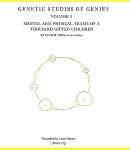
It should go without saying that a nation’s resources of intellectual talent are among the most precious it will ever have. The study of the lives of gifted children initiated by Professor Lewis M. Terman, began in 1921, and has become the longest running longitudinal study in the field of psychology. Published over 5 volumes, the study is of historical significance to the field of educational science as well as psychology, for providing an insight into the nature of intelligence and achievement, but also challenging stereotypes of the personality of the gifted. This first volume covers the introduction and goals of the study, selection and statistical composition of the group, health and physical condition, family heritage, interests and play activities, and many more valuable pieces of data relating to the characteristics and personality of the children surveyed. – Summary by leon harvey [chương_files]
Copyright © 2024 | FreeAudible